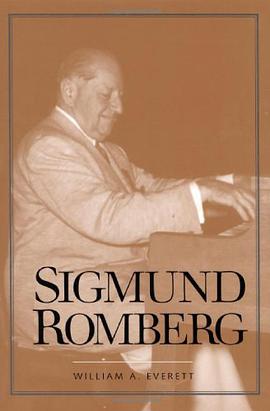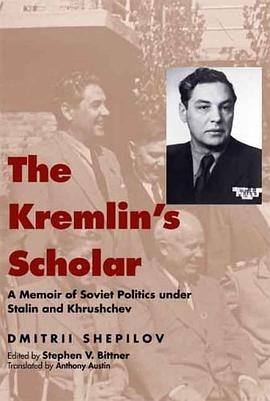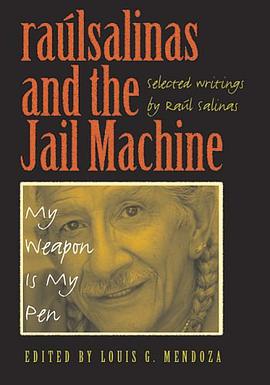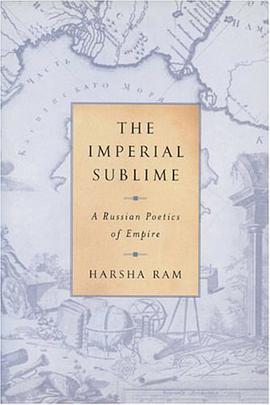

具体描述
With insight and originality, Michael Fellman argues that terrorism, in various forms, has been a constant and driving force in American history. In part, this is due to the nature of American republicanism and Protestant Christianity, which he believes contain a core of moral absolutism and self-righteousness that perpetrators of terrorism use to justify their actions. Fellman also argues that there is an intrinsic relationship between terrorist acts by non-state groups and responses on the part of the state; unlike many observers, he believes that both the action and the reaction constitute terrorism. Fellman's compelling narrative focuses on five key episodes: John Brown's raid on Harpers Ferry; terrorism during the American Civil War, especially race warfare and guerrilla warfare; the organized 'White Line' paramilitary destruction of Reconstruction in Mississippi; the Haymarket Affair and its aftermath; and, the Philippine-American war of 1899-1902. In an epilogue, he applies this history to illuminate the Bush-Cheney administration's use of terrorism in the so-called war on terror. In the "Name of God and Country" demonstrates the centrality of terrorism in shaping America even to this day.
作者简介
目录信息
读后感
评分
评分
评分
评分
用户评价
相关图书
本站所有内容均为互联网搜索引擎提供的公开搜索信息,本站不存储任何数据与内容,任何内容与数据均与本站无关,如有需要请联系相关搜索引擎包括但不限于百度,google,bing,sogou 等
© 2026 book.wenda123.org All Rights Reserved. 图书目录大全 版权所有




















